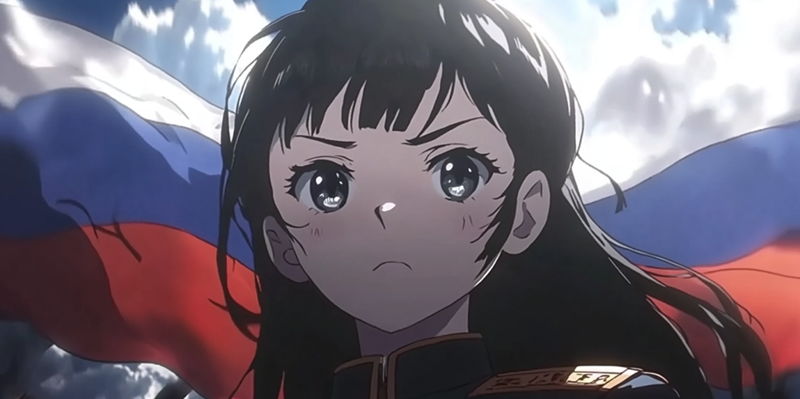In a move that has stirred significant discontent among anime enthusiasts in Russia, the country’s authorities have recently blocked the popular Naruto fansite ‘Naruto Technical School’ (jut.su). This action forms part of a broader censorship trend orchestrated by Roskomnadzor, Russia’s media watchdog, which has been increasingly stringent about the types of media content accessible within the country. The rationale behind these actions, according to Russian officials, centers on concerns about the influence of certain anime series on the mental and moral development of children. This trend of censorship has been ongoing, with previous bans including popular anime series such as ‘Attack on Titan,’ ‘Akira,’ ‘Death Note,’ ‘Tokyo Ghoul,’ and ‘Inuyashiki.’ These series were deemed potentially harmful, with fears that they may incite violence among impressionable teenagers.
Rising Discontent Among Anime Fans
The recent crackdown has unsurprisingly caused a wave of frustration and discontent among Russian anime fans, who see these actions as an infringement on their rights and freedoms. Social media platforms have become hotspots for criticism, with users expressing their dissatisfaction with Roskomnadzor’s decisions. These measures are perceived not merely as protective but as steps toward increased cultural control reminiscent of environments like North Korea. Many fans argue that these strict policies, instead of shielding young viewers, are excessively restrictive and part of a broader agenda to curb free expression. The sentiment is growing among the anime community that the bans on anime content go beyond child protection and reflect a wider strategy to tighten control over cultural and informational content in Russia. This situation has led to an increased sense of urgency among fans to push back against what they see as unwarranted censorship. Fans feel a heightened need to resist these actions, fearing they threaten broader freedoms and cultural diversity.

